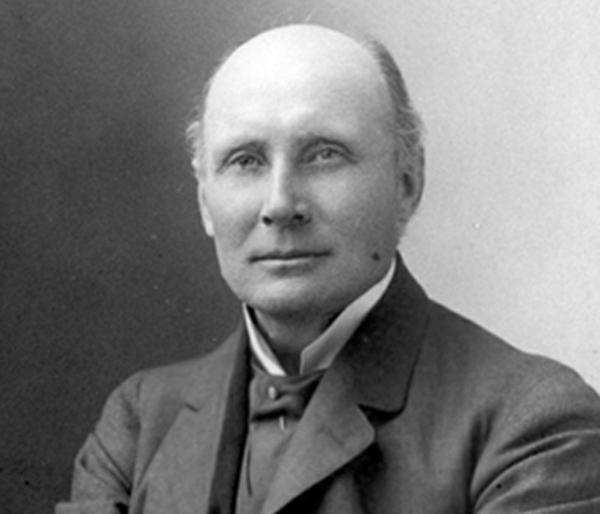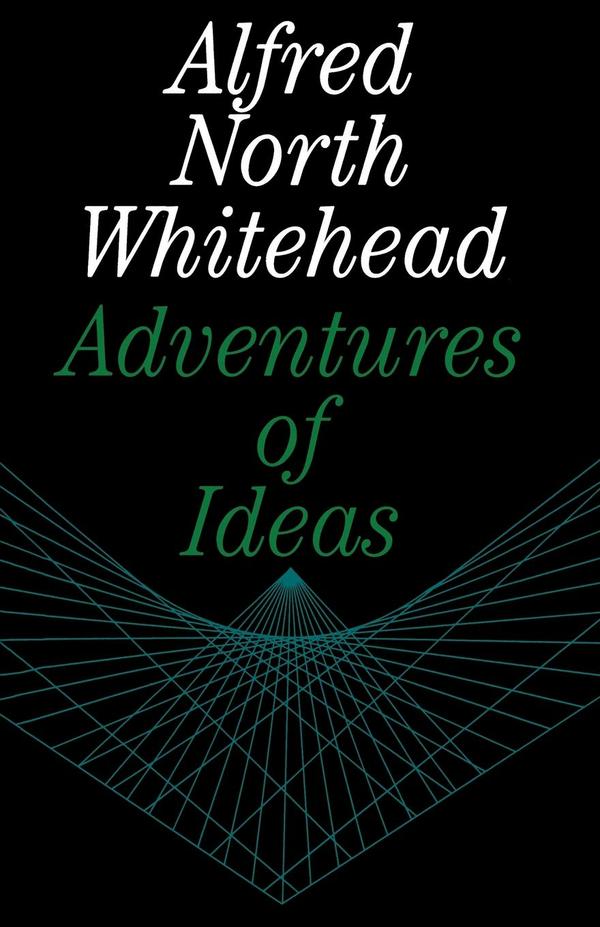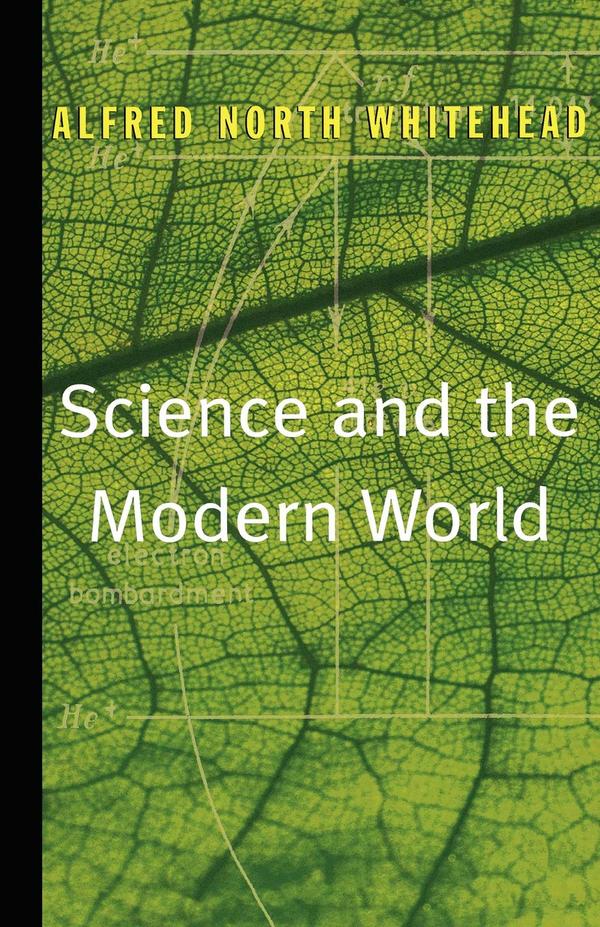Dear member,
Greetings and a warm welcome to new professional affiliates and friends!
 The philosopher and mathematician Alfred North Whitehead has recently resurfaced for me while reviewing books in Paradigm Explorer 133 by David Ray Griffin and Steve Minett, both of whom discuss what Whitehead called ‘panexperientialism’ as a more refined expression of now increasingly fashionable panpsychism. I read his Magnum Opus Process and Reality in Leipzig in the summer of 1983 and my copy of Science and the Modern World is dated August 1979.
The philosopher and mathematician Alfred North Whitehead has recently resurfaced for me while reviewing books in Paradigm Explorer 133 by David Ray Griffin and Steve Minett, both of whom discuss what Whitehead called ‘panexperientialism’ as a more refined expression of now increasingly fashionable panpsychism. I read his Magnum Opus Process and Reality in Leipzig in the summer of 1983 and my copy of Science and the Modern World is dated August 1979. In a later book, Adventures of Ideas, Whitehead writes that ‘no science can be more secure than the unconscious metaphysics which tacitly it presupposes.’ He continues that the certainties of science are hedged around with unexplored limitations and that our handling of scientific doctrines is controlled by the ‘diffused metaphysical concepts of our epoch’. He distinguishes two aspects of scientific ideas, formed by ‘the meeting of two orders of experience. One order is constituted by the direct, immediate discriminations of particular observations. The other order is constituted by our general way of conceiving the Universe. They will be called, the Observational Order, and the Conceptual Order.’ He continues: ‘the first point to remember is that the observational order is invariably interpreted in terms of the concepts supplied by the conceptual order… We inherit an observational order, namely types of things which we do in fact discriminate; and we inherit a conceptual order, namely a rough system of ideas in terms of which we do in fact interpret.’
In a later book, Adventures of Ideas, Whitehead writes that ‘no science can be more secure than the unconscious metaphysics which tacitly it presupposes.’ He continues that the certainties of science are hedged around with unexplored limitations and that our handling of scientific doctrines is controlled by the ‘diffused metaphysical concepts of our epoch’. He distinguishes two aspects of scientific ideas, formed by ‘the meeting of two orders of experience. One order is constituted by the direct, immediate discriminations of particular observations. The other order is constituted by our general way of conceiving the Universe. They will be called, the Observational Order, and the Conceptual Order.’ He continues: ‘the first point to remember is that the observational order is invariably interpreted in terms of the concepts supplied by the conceptual order… We inherit an observational order, namely types of things which we do in fact discriminate; and we inherit a conceptual order, namely a rough system of ideas in terms of which we do in fact interpret.’  These observations seem to men of direct relevance to the central concerns of the Galileo Commission and articulate a useful distinction that can be applied to individual disciplines. In a discussion of religion and science in Science and the Modern World, Whitehead notes that it is ‘easy enough to find a theory, logically harmonious and with important applications in the region of fact, provided that you are content to disregard half your evidence.’ He continues that ‘such people are apt resolutely to ignore, or to explain away, all evidence which confuses their scheme with contradictory instances. What they cannot fit in is for them nonsense.’ This is a perfect characterisation of pseudo-scepticism. He concludes that ‘an unflinching determination to take the whole evidence into account is the only method of preservation against the fluctuating extremes of fashionable opinion. This advice seems so easy, and is in fact so difficult to follow. (p. 232) He himself looked forward to the emergence of ‘wider truths, within which a reconciliation of a deeper religion and a more subtle science will be found.’
These observations seem to men of direct relevance to the central concerns of the Galileo Commission and articulate a useful distinction that can be applied to individual disciplines. In a discussion of religion and science in Science and the Modern World, Whitehead notes that it is ‘easy enough to find a theory, logically harmonious and with important applications in the region of fact, provided that you are content to disregard half your evidence.’ He continues that ‘such people are apt resolutely to ignore, or to explain away, all evidence which confuses their scheme with contradictory instances. What they cannot fit in is for them nonsense.’ This is a perfect characterisation of pseudo-scepticism. He concludes that ‘an unflinching determination to take the whole evidence into account is the only method of preservation against the fluctuating extremes of fashionable opinion. This advice seems so easy, and is in fact so difficult to follow. (p. 232) He himself looked forward to the emergence of ‘wider truths, within which a reconciliation of a deeper religion and a more subtle science will be found.’ 